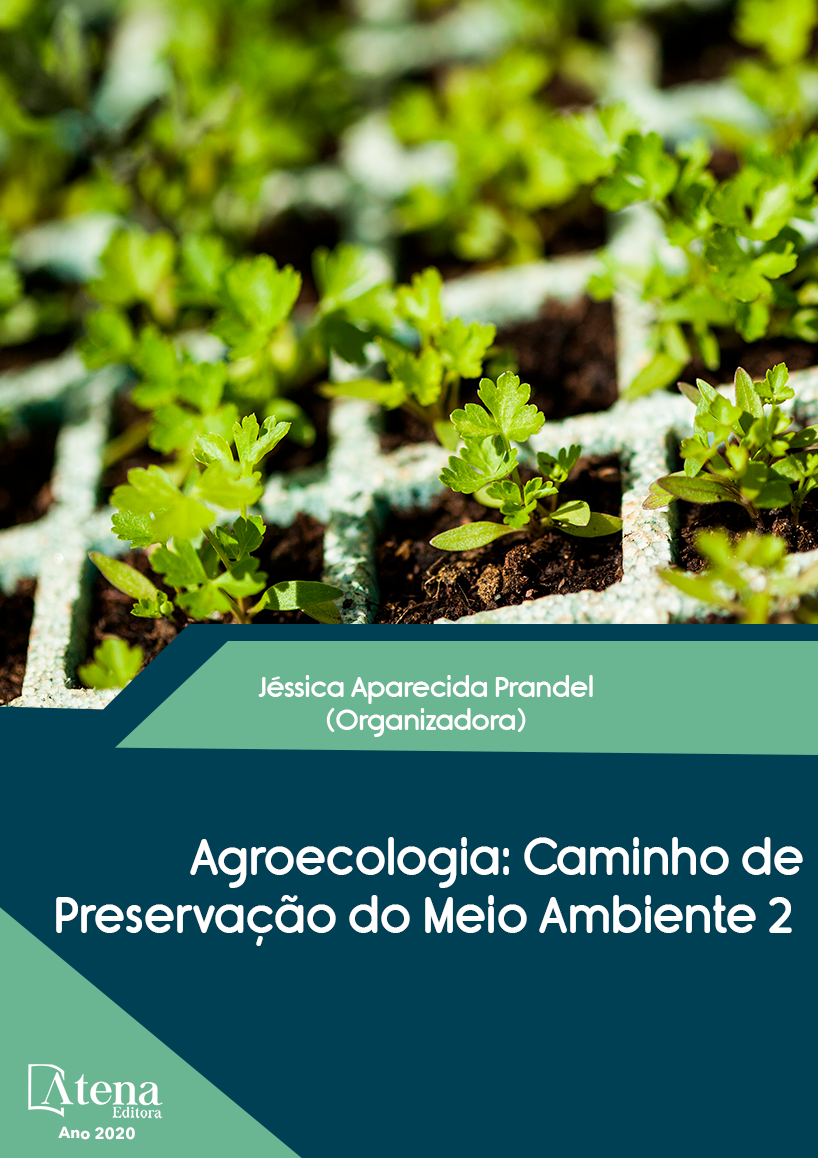
EMERGÊNCIA DE PLANTULAS E DESENVOLVIMENTO DE MUDAS DE PORANGABA (Cordia ecalyculata Vell.) PROVENIENTES DE FRUTOS EM DIFERENTES ESTÁDIOS DE MATURAÇÃO
O objetivo do presente estudo foi registrar a emergência de plântulas e o desenvolvimento de mudas de Cordia ecalyculata, provenientes de frutos com e sem polpa, em diferentes estádios de maturação. O experimento foi instalado em dois canteiros no viveiro de mudas da UENP/CLM em Bandeirantes/PR. Foram constituídos 10 tratamentos utilizando frutos com polpa (classificados em vermelhos, alaranjados, esverdeados), pirênios frescos e secos (retirados dos frutos despolpados) e pirênios que estavam armazenados durante 1 ano. As plântulas emersas foram transplantadas para sacos de polietileno. O delineamento foi em blocos casualizados com quatro repetições de 50 frutos/pirênios para cada tratamento. Os dados originais foram submetidos à análise de variância e as médias agrupadas pelo teste de Scott-Knott a 5%. A emergência de plântulas de Cordia ecalyculata ocorreu de maneira lenta e gradual e se estendeu por quatorze meses após a semeadura. O estádio de maturação dos frutos para fins de produção de mudas interferiu no percentual de emergência de plântulas, recomendando-se o uso dos frutos vermelhos e/ou alaranjados recém colhidos e despolpados. O percentual de sobrevivência de plântulas transplantadas foi de 100%, sendo satisfatório o desenvolvimento das mudas, que apresentaram características ideais para plantio a campo, aos oito meses após o transplantio.
EMERGÊNCIA DE PLANTULAS E DESENVOLVIMENTO DE MUDAS DE PORANGABA (Cordia ecalyculata Vell.) PROVENIENTES DE FRUTOS EM DIFERENTES ESTÁDIOS DE MATURAÇÃO
-
DOI: 10.22533/at.ed.1622029048
-
Palavras-chave: extrativismo; remanescente florestal; conservação ambiental; sementes florestais
-
Keywords: extractives; forest remnant; environmental Conservation; forest seeds
-
Abstract:
The objective of present study to record the emergence of seedlings and the development of Cordia ecalyculata seedlings, from fruits with and without pulp, in different ripening stages. The experiment installed in two beds in the seedling nursery of UENP/CLM in city Bandeirantes/PR. Ten treatments constituted using fruits with pulp (classified in red, orange, greenish), fresh and dried pyrenes (removed from pulped fruits) and pyrenes that stored for 1 year. Emerged seedlings transplanted in polyethylene bags. The design in randomized blocks with four replications of 50 fruits/pyrenes for each treatment. The original data subjected to analysis of variance and the means grouped by the 5% Scott-Knott test. The emergence of Cordia ecalyculata seedlings occurred slowly and gradually and extended for fourteen months after sowing. Fruit ripening stage for seedling production interfered with seedling emergence percentage, recommending the use of freshly harvested and pulped red and/or orange fruits. The survival rate of transplanted seedlings 100%, and the satisfactory development of seedlings, which presented ideal characteristics for field planting, at eight months after transplanting.
-
Número de páginas: 12
- Carlos Alberto Michetti
- Guilherme Augusto Shinozaki
- Júlio César Altizani Júnior
- Cristina Batista de Lima


